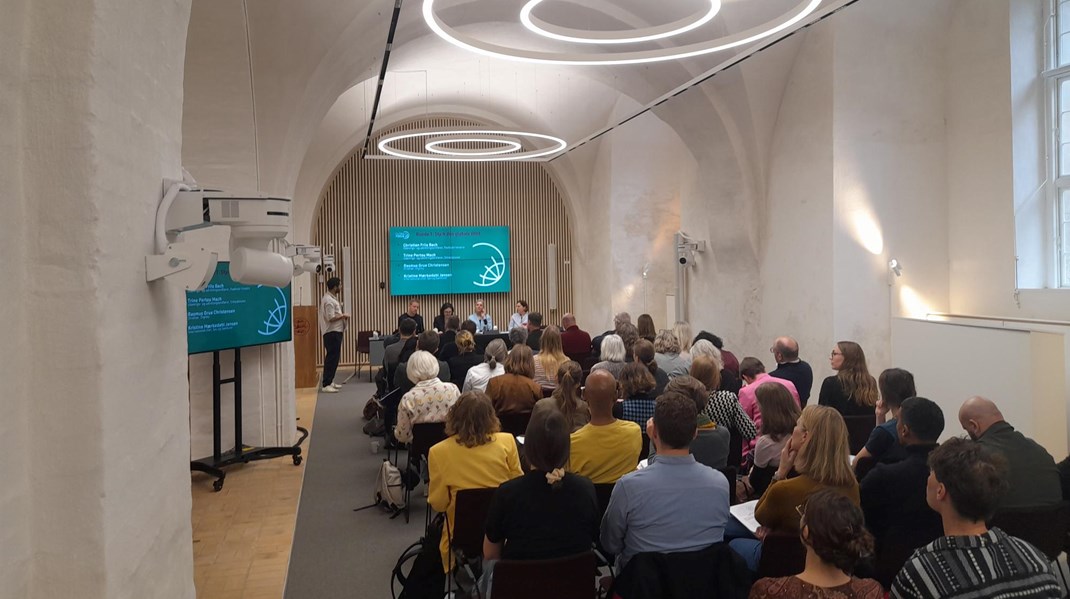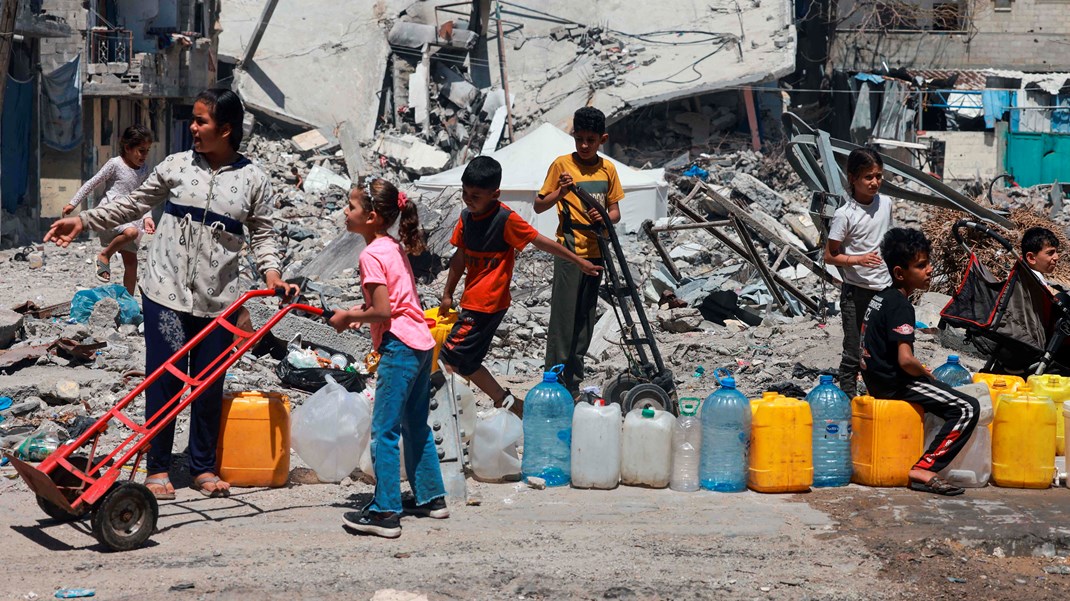Somali President appeals for aid as drought worsens
As Somalia faces its second major drought this decade, the government has issued an urgent appeal for large-scale, life-saving aid.
Holding a joint press conference with the country's National Drought Task force on Thursday, President Hassan Sheikh Mohamud said millions of his people are at risk of starvation if action is not taken soon.
"The devastating drought ravaging many parts of the country continues to take a terrible toll on animals. Many children and aged have lost their lives and now those who were strong enough to endure have started to fall," Mohamud said.
On Tuesday, the U.N. humanitarian coordinator for Somalia warned that five million Somalis, nearly half the population, do not have enough to eat because of poor rains and continued fighting between the African Union-backed government and the Islamist militant group al-Shabab.
Yahye Ali Ibrahim, Somalia's director general of interior ministry, said Thursday that some 2.7 million Somalis are on the verge of starving to death.
"I want to remind the Somalis and the world community that the life of a single person should not die for a glass of water they can provide today," Mohamud said. "A person dying today cannot wait [for] your tomorrow aid."
Famine last struck areas in South and Central Somalia in 2011, killing an estimated 260,000 people.
Despite the dire conditions, neither Somalia nor the U.N. has officially declared the situation a famine.
Under U.N. standards, a famine is declared when at least 20 percent of households in an area face extreme food shortages with a limited ability to cope; acute malnutrition rates exceed 30 percent; and the death rate exceeds two persons per day per 10,000 persons.
The last famine in Somalia is believed to have been caused by failed rainy seasons and a ban on food aid in territory held by al-Shabab.


